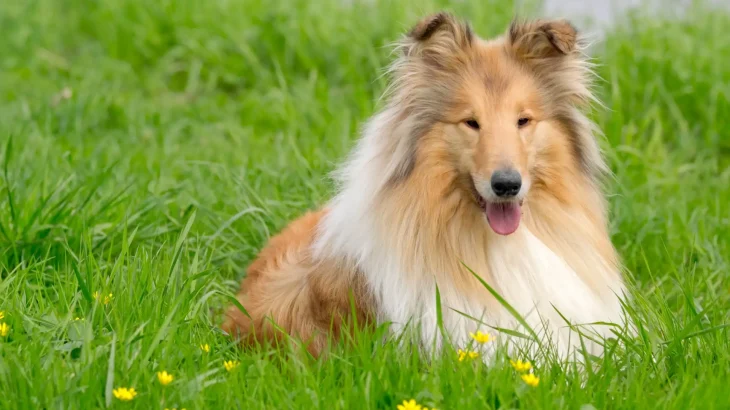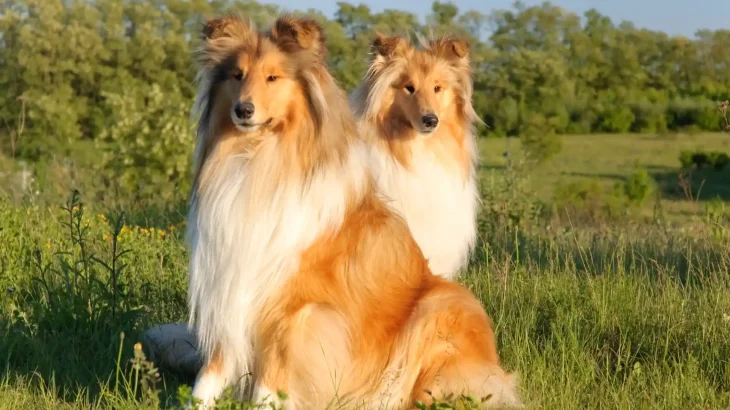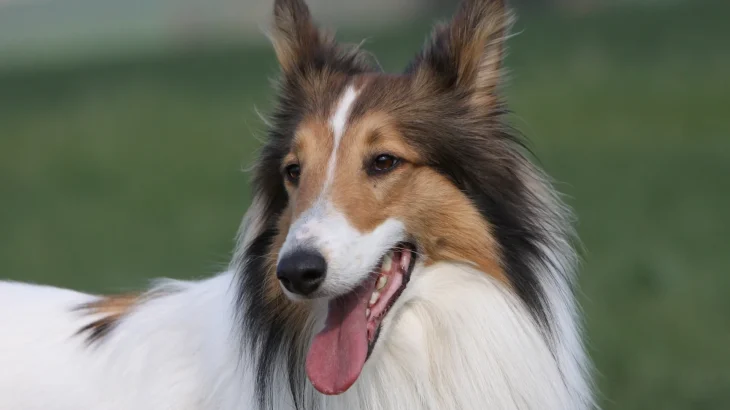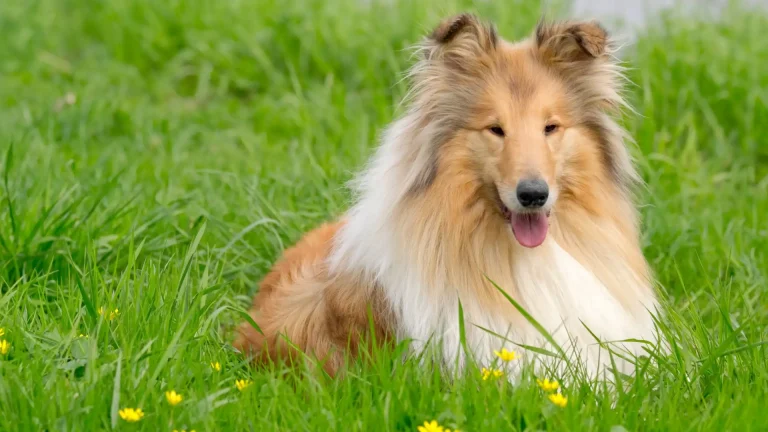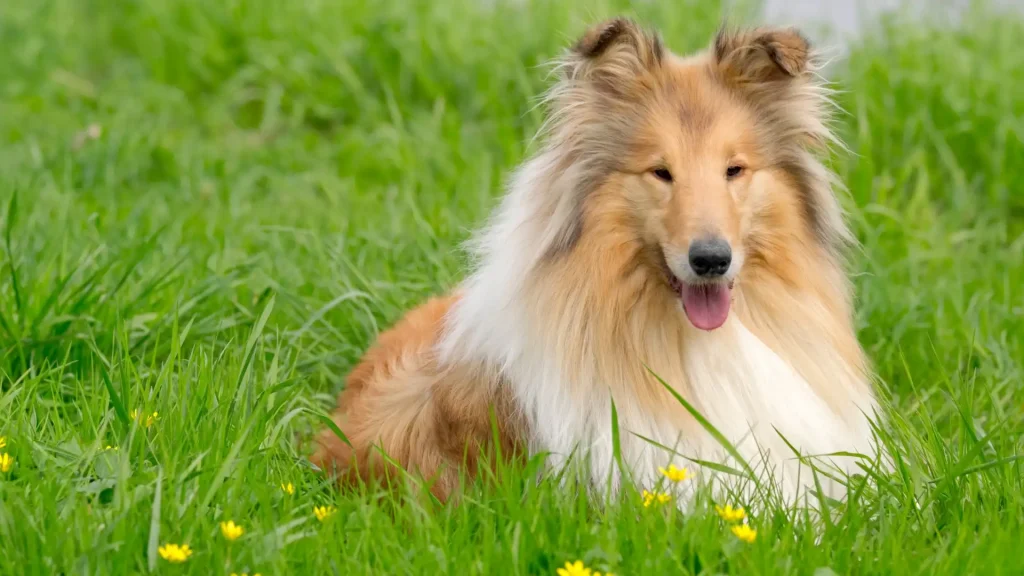When deciding to add a Collie puppy to your family, choosing between adoption and purchasing from a breeder involves weighing the benefits of giving a dog in need a home versus obtaining a puppy with known health and pedigree details. Each option presents unique considerations tailored to the breed's characteristics and your preferences for the puppy's background and care.
Adoption vs. Breeder: Pros & Cons
| Criteria | Buying from Breeder | Adopting from Shelter/Rescue |
|---|---|---|
| Cost | Higher initial cost due to purebred status and breeder expenses. | Lower fees, often including vaccinations and spay/neuter. |
| Health History | Comprehensive health records and genetic screenings usually provided. | Health history may be limited or unknown; basic health checks done. |
| Age Availability | Typically puppies, allowing you to raise from early stages. | Varied ages, including puppies and adults, offering flexibility. |
| Temperament Insight | Breeders can share lineage temperament trends and early behavior. | Shelter staff can provide observations but full history may be unclear. |
| Supporting Practices | Supports responsible breeding when choosing reputable breeders. | Helps animal welfare by rescuing dogs and reducing shelter populations. |
| Ethical Considerations | Risk of supporting unethical breeders if not careful; pick reputable sources. | Promotes compassionate choices aimed at reducing homeless pets. |

